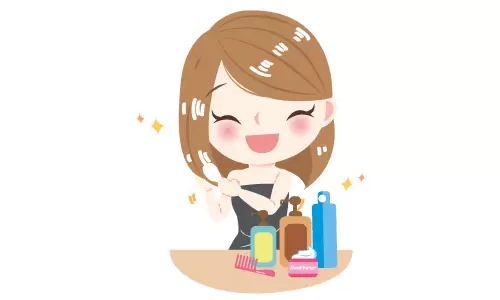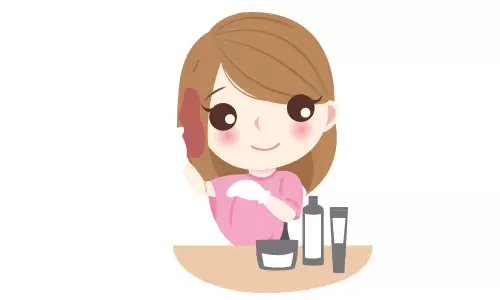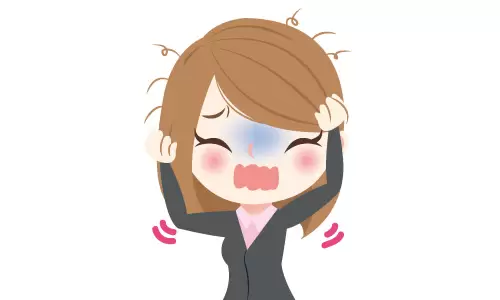
Hair loss is manageable. Tips to take good care of your hair health.
Mar 5, 2020
What is hair loss?
How to tell if you are losing your hair? It is normal for everyone to lose up to 100 hairs daily; however, if you are losing more than this number, you could be having hair loss problem.
There are some common signs and symptoms that you may notice if you are having hair loss:
- A lot of your hair spotted in your room, pillow or toilet
- Thinner ponytail
- Receding hairline
- Notice more strands of hair fall out when you comb your hair or while you are showering
- Sudden loss of patches of hair
- Gradual thinning on the top of the head
- Circular or patchy bald spots
Do you take care of your hair well?
These are some of the tips to help you take good care of your hair:

- Good hair care routine – Before you wash your hair, comb your hair to ensure it is tangle-free. Use hair shampoo that is suitable for your scalp and hair type, avoid harsh chemical and choose a shampoo with natural ingredients. Wash your hair using shampoo with lukewarm water, gently massage your scalp using your finger to clear away the dirt and excess oil. Avoid using your fingernail. Then, rinse your hair and apply conditioner, keep it for a few minutes before rinsing it with water. This is to add moisture to hair after cleansing it. If possible, air-dry your hair or use heat protectant product if you wish to blow dry your hair.

- Avoid dying and perming hair – Try to avoid dying and perming your hair unnecessarily as the chemical used during these processes will damage your hair. During the hair dying process, chemicals such as ammonia and hydrogen peroxide are used to lift the hair cuticle and let the intended dye to get into your hair1. It is quite common for us to perm our hair to look more beautiful and create more style to our hair, but little did we know that perming hair can also bring damage to our hair. While you perm your hair, either straightening or curling, the S-S protein bonding will be reformed in your hair. You will end up more hair breakage, split ends, and hair dryness2.

- Good rest, stress-free – If you are under high-stress level, it can trigger a few types of hair loss known as Telogen effluvium, Alopecia areata, and Trichotillomania3,4.
- Telogen effluvium – When you are under a high level of stress, large number of hair follicles will be pushed into the resting phase, leading to hair fall.
- Alopecia areata – It is an autoimmune disease where our own immune system attacking the hair follicles and causing hair loss. Severe stress is known as one of the factors that trigger this type of hair loss.
- Trichotillomania – Also known as hair-pulling disorder, where the people affected have the urge to pull out their hair from their scalp or other parts of the body to relieve stress or negative emotions.

- Aware of your medical condition/medications you are taking – Drug-induced alopecia is hair loss due to medication intake. Its extent of the hair loss depends on the type of drugs taken, the dosage taken, and individual’s response to the medication. Drugs such as chemotherapy drugs, anticoagulant drugs (heparin and warfarin), antihypertensive drugs (beta-blocker drugs and ACE inhibitors), oral contraceptive pill, anticonvulsant medications, antidepressants etc. have been associated with hair loss in certain people5,6,7.

- Good hair nutrition – This is often the part that people have left out! We need to feed our hair with the adequate and the right nutrients for it to grow healthily. As nutritional status is one of the factors that will affect our hair condition, malnutrition is often linked to hair fall problem. Sulphurated amino acids are the building blocks to the protein keratin that make up the hair. Cysteine is a sulphurated amino acid that presents mainly in hair fibers. The sulfur atoms in cysteine amino acids form a strong disulfide bond with the adjacent cysteine amino acids which determine the hair strength8. Other than this, vitamin and minerals such as vitamin C, vitamin Bs, iron, copper, and zinc are essential for hair growth through their involvement in hair protein metabolism, supporting healthy hair growth and improving hair structure.
In conclusion, hair loss could be frustrating to deal with, as it can be caused by multiple factors. To alleviate the hair loss problem, it is important first to determine its underlying causes and treat it in combination with sufficient hair nutrition to stimulate healthy hair growth.
Find out more at https://biolife.megawecare.com/product/hair-nail-skin/revitiz-hns/
References
- Showbizcheatsheet, 2017. Hair Dye: How Badly Does It Damage Your Hair? Retrieved 20 February, 2020 from https://www.cheatsheet.com/gear-style/hair-dye-how-badly-does-it-damage-hair.html/
- Haircare manual, 2020. Pros and Cons of Perming Hair – Read Before You Perm Retrieved 20 February, 2020 from http://www.haircaremanual.com/curly-hair/pros-and-cons-of-perming-hair/
- Mayo Foundation for Medical Education and Research, 2020. Can stress cause hair loss? Retrieved 24 February, 2020 from https://www.mayoclinic.org/healthy-lifestyle/stress-management/expert-answers/stress-and-hair-loss/faq-20057820
- Healthline Media, 2020. Does Stress Cause Hair Loss? Can stress cause hair loss? Retrieved 24 February, 2020 from https://www.healthline.com/health/stress/
stress-hair-loss#types-of-hair-loss



